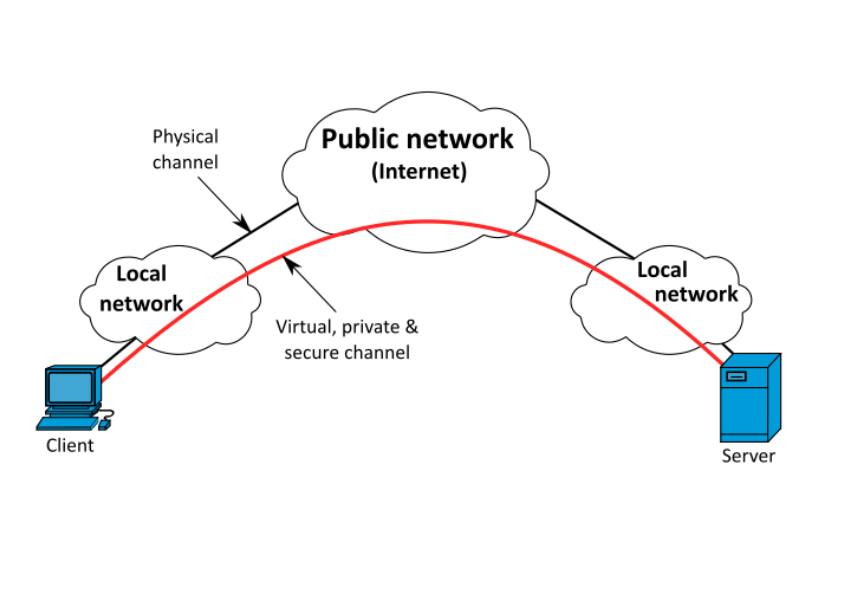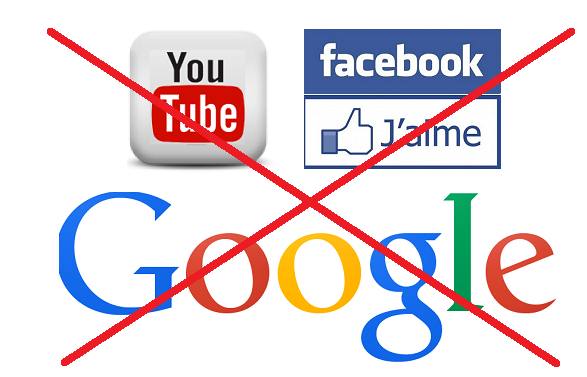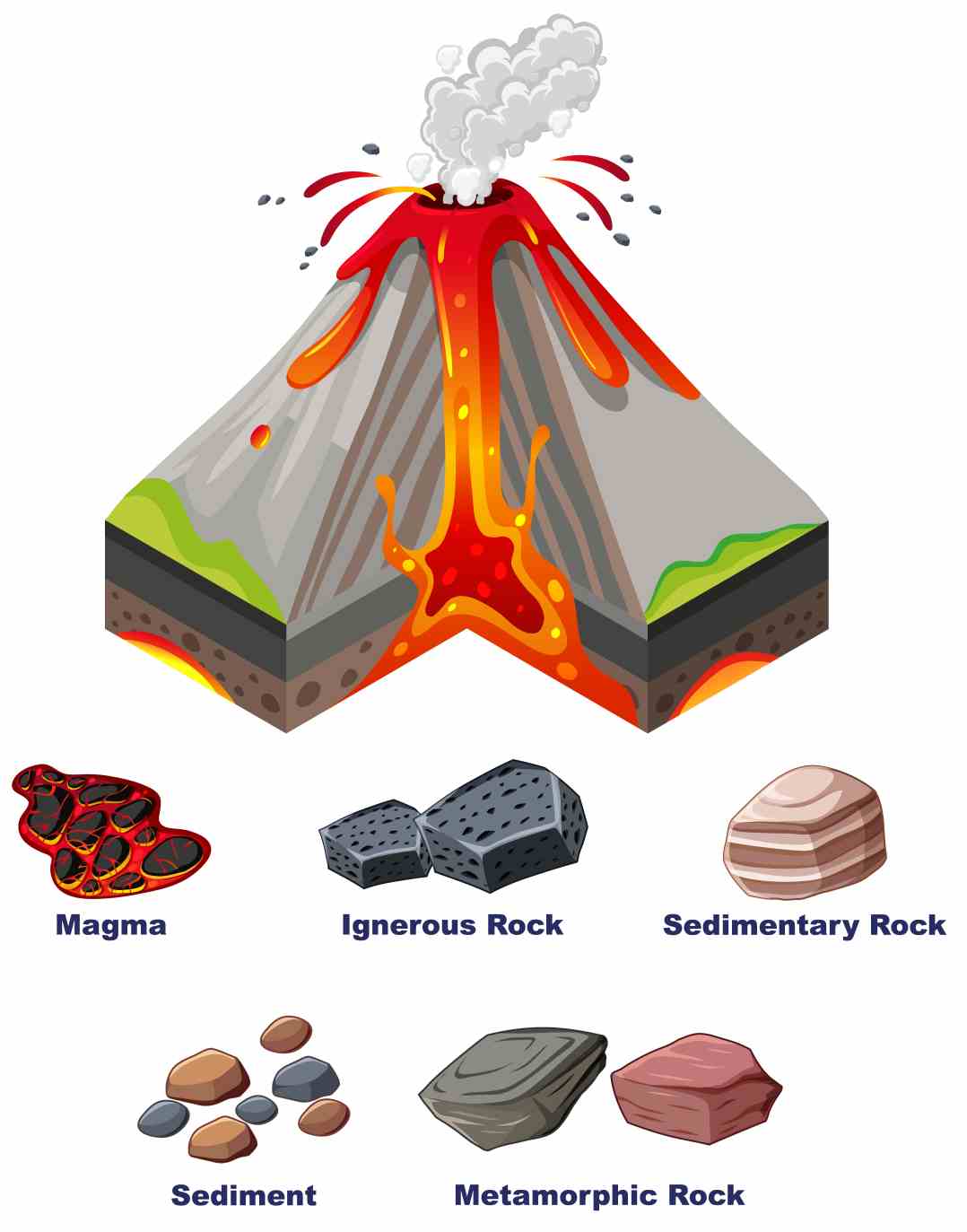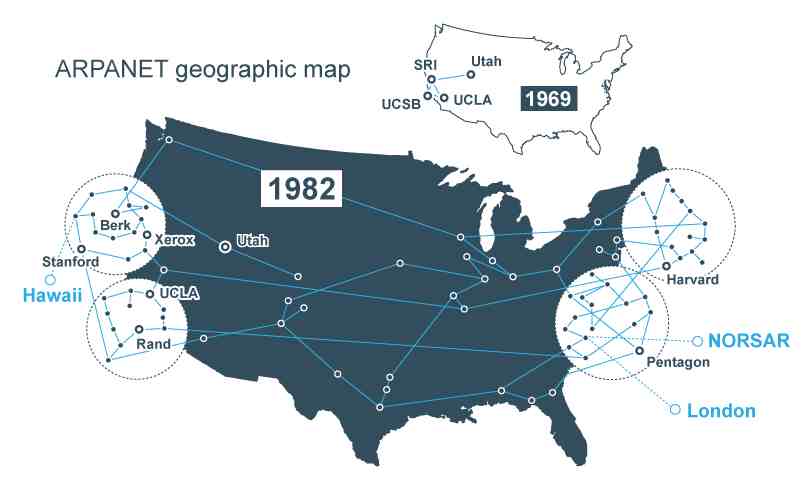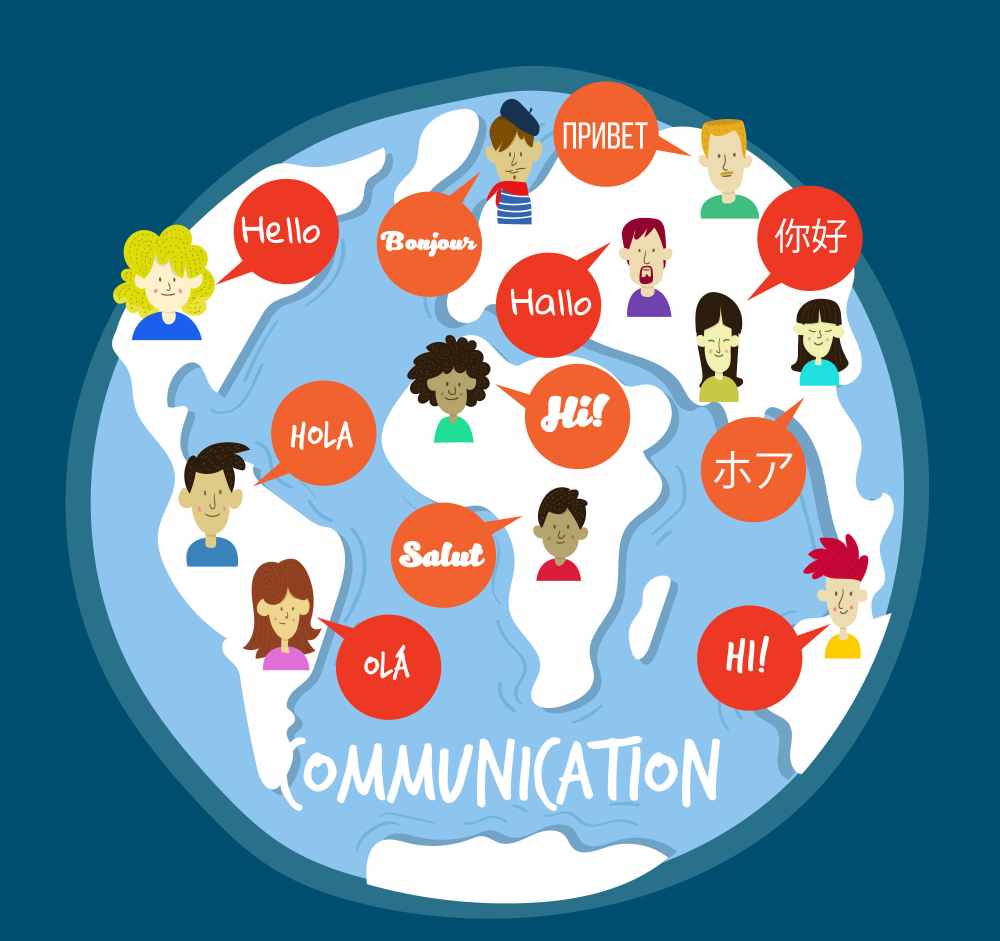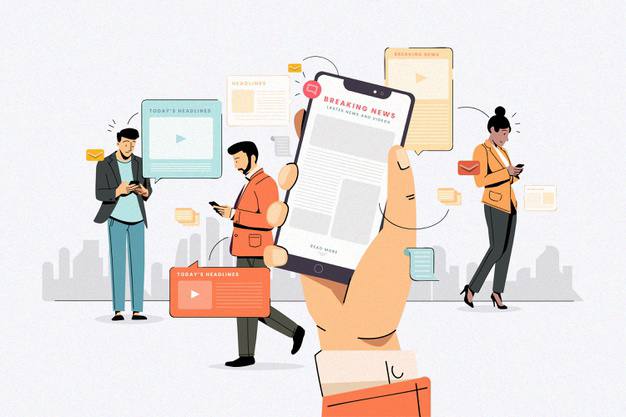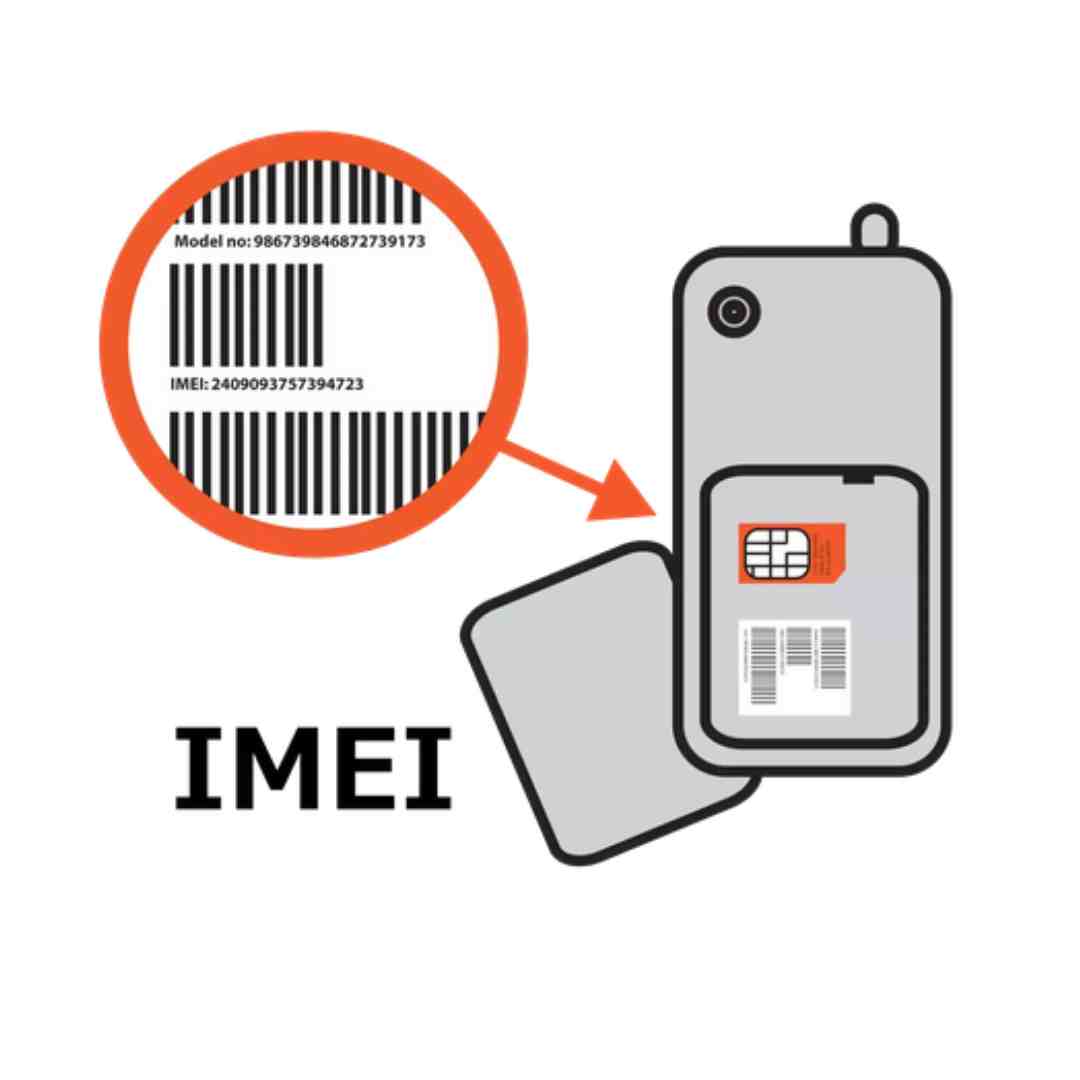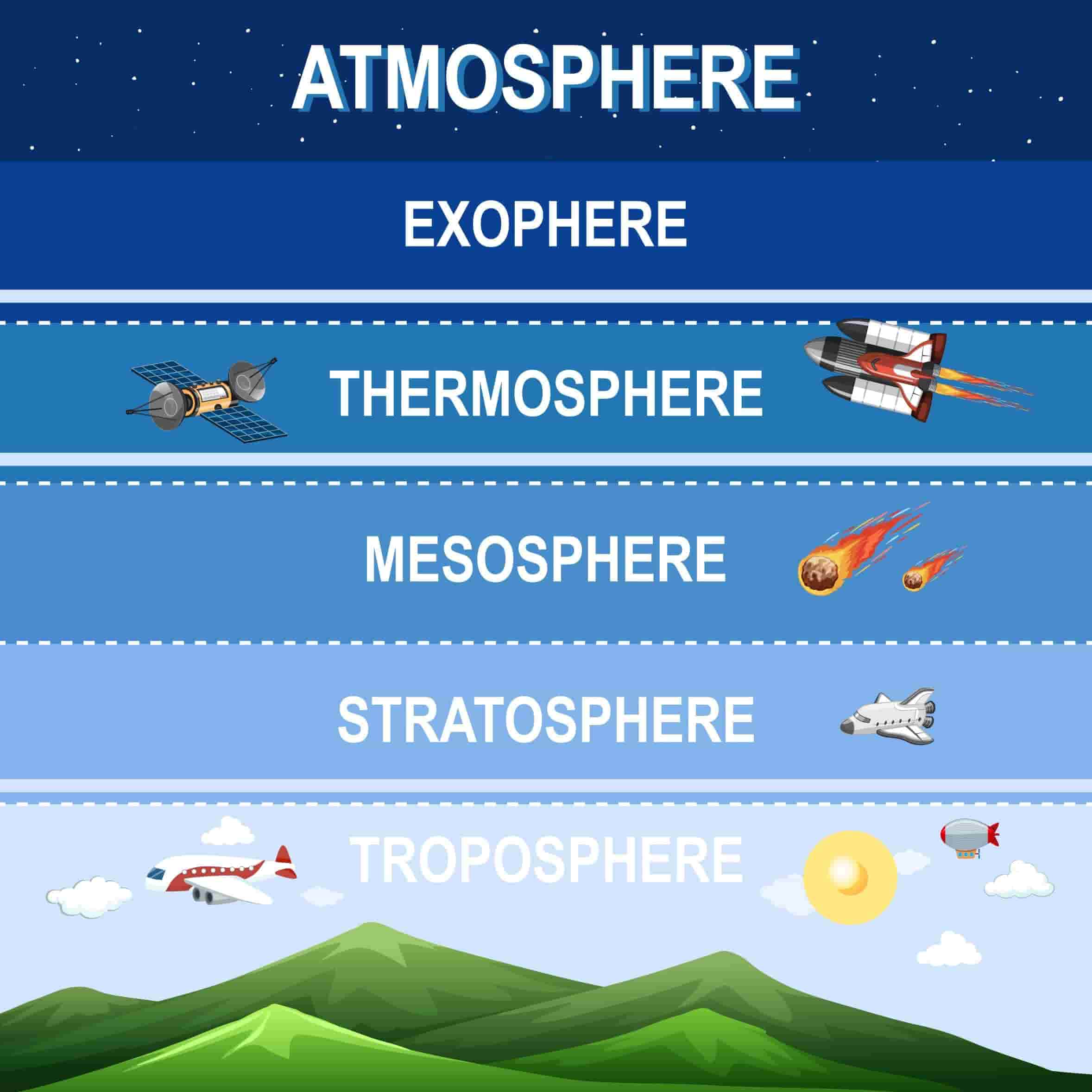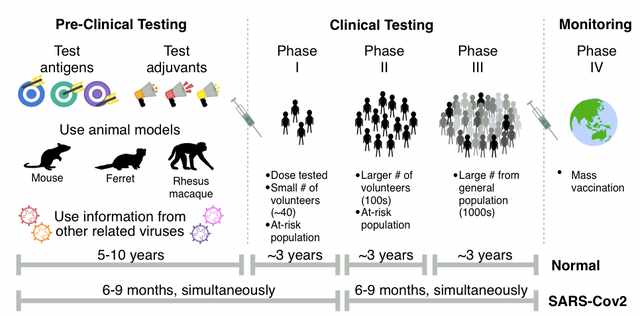In the modern age, technology has become an integral part of our lives. So has the need for us to be connected to the internet at all times. As such, cybersecurity experts and privacy activists always seem to swear by the use of a Virtual Private Network or a VPN. A VPN, or Virtual Private Network, encrypts and routes your internet connection through a secure server, enhancing online privacy and security by masking your IP address and data. There are various types of VPNs, each serving different purposes. Here are four main types of VPNs: Remote Access VPN: Site-to-Site VPN: Intranet-Based VPN: Extranet-Based VPN: A VPN is nothing but an array of virtual connections that are established over the internet that work to encrypt the data between you(the client) and the server of the website that you are using. When your computer transmits some data to any of the VPN points on the internet, it encrypts the data and re-transmits it over the internet. Another VPN point then receives that data, decrypts it, and sends it to the intended internet resource that you are using. When that server sends some data back to your client machine, the VPN points encrypt and decrypt the data in the exact same way before sending it back to your machine. Pretty cool, right? But why do we need to use VPNs in the first place? Data sent over the internet, insecurely, can be intercepted and altered by anyone. Say that you’ve connected to your company network from your personal computer at home using an insecure network. In this scenario, your personal computer is communicating with the host server of your company. However, since the network is insecure and the data is unencrypted, an intruder might position oneself in the middle of the two parties and steal or alter sensitive data in said communication. These types of attacks are fairly common in the corporate world and are broadly known as man-in-the-middle(MITM) attacks. The use of VPNs make MITM attacks very difficult and have hence become an essential tool in this cyberattack-prone world. A VPN encrypts and routes your internet traffic through a secure server, masking your IP address. This enhances online privacy and security by creating a private, protected connection over the public internet. What are the major benefits of using a VPN? VPN provides online privacy, security, and anonymity by encrypting internet traffic. It safeguards against surveillance, protects sensitive data on public networks, and enables access to region-restricted content.
In this article,
We are going to look (very concisely) at what a VPN actually is and how it works.
What is a VPN?
What are the different types of VPN
Remote access VPNs are designed to allow individual users to connect securely to a private network from a remote location, typically over the internet.
Site-to-site VPNs, also known as router-to-router VPNs, connect entire networks together securely over the internet, forming an encrypted connection between two or more geographically distant sites.
Intranet-based VPNs provide a secure connection within an organization's internal network. They use the same principles as remote access VPNs but are designed for internal users.
Extranet-based VPNs are similar to intranet-based VPNs but are designed to provide secure communication between specific organizations or business partners.
How does a virtual private network (VPN) work?
The key benefits of using a VPN include:
1. Security: VPNs protect your data from potential threats, such as hackers and cybercriminals, especially when using public Wi-Fi networks.
2. Privacy: VPNs help maintain your privacy by hiding your real IP address and encrypting your online activities.
3. Bypassing Censorship and Geo-restrictions: VPNs can help you access websites and services that are geo-restricted in your region and allow you to bypass government censorship.
4. Anonymity: VPNs provide a higher level of online anonymity, as your true location and identity are hidden from the websites you visit.
5. Remote Access: Businesses often use VPNs to allow employees to securely access company networks and resources from remote locations.

